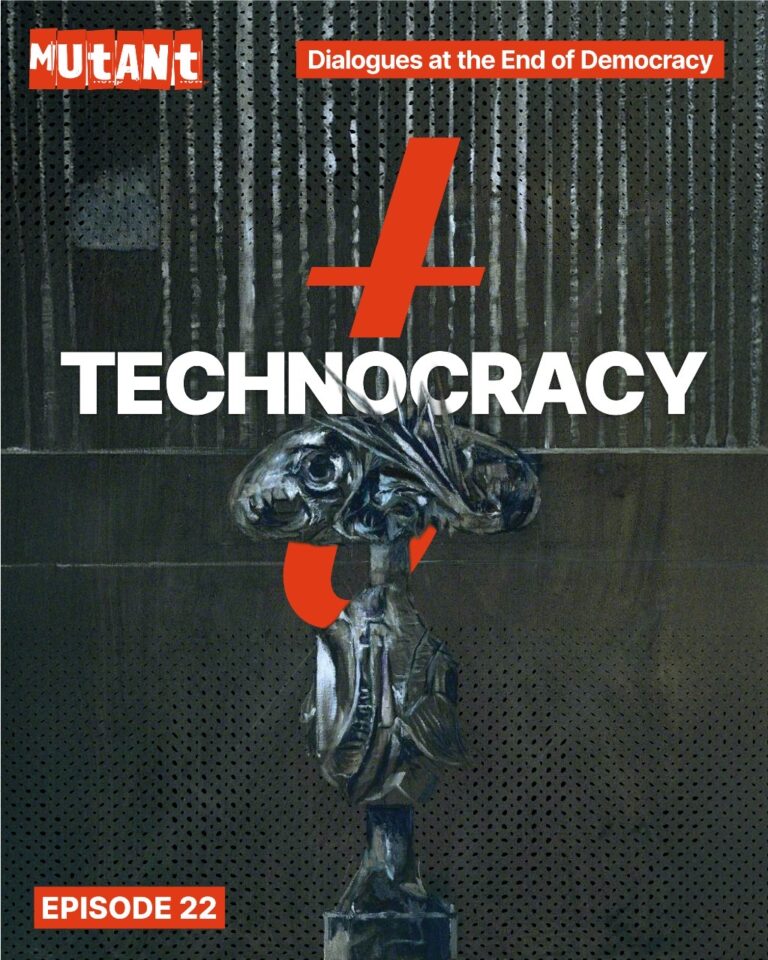Essay
The Three Guarantees in Life: Death, Taxes, and the Defeat of Third-Party Presidential Candidates
Why Third-Party Candidates Don't Win - and What the Democrats Must Do Next



